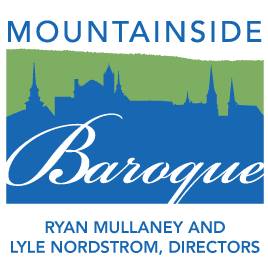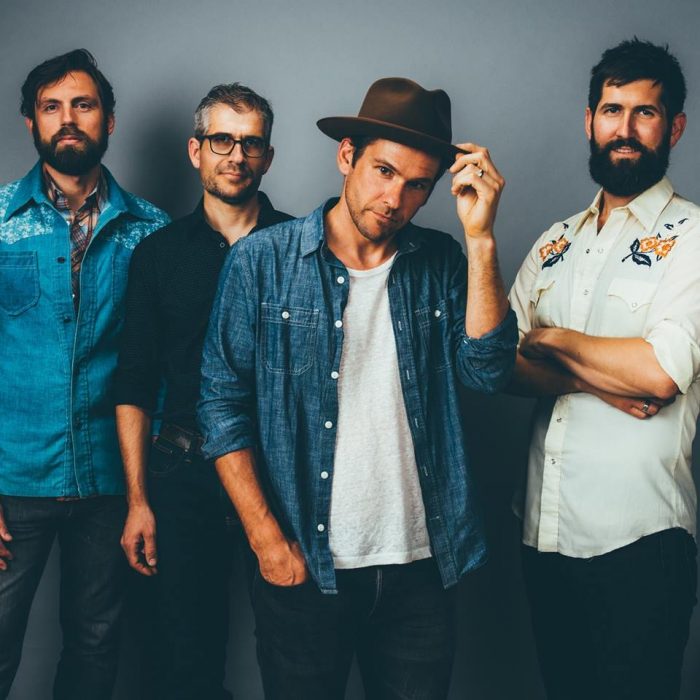Going for baroque—musically speaking
For just one afternoon, listen to the music of kings.
Mountainside Baroque’s performances harken to Old World splendor. Their special instruments and  singing are a feast for the senses!
singing are a feast for the senses!
Pearls of sound
Europe may be thousands of miles away, but you can still benefit from its culture. This is especially true with music — a highly transportable art form.
Thanks to groups like Mountainside Baroque, you can relish sublime performances that, centuries ago, echoed in palaces and grand salons. In fact, they’re coming to Beckley on April 9 with a stirring repertoire: “The Many Faces of Bach.” After all, if you’re going to have a genre performance, you have to include the most influential musician of the time!
Their chosen era doesn’t get any finer, either. From the 17th to the mid 18th century, art, music, and architecture were so ornamental that they reminded people of a convoluted pearl, or “barroco.”
Blame it on the Renaissance. That exuberant era directly influenced the baroque period, an age renowned for opulence and extravagance. Catholic churches went to town in particular. Imagine luminous frescoes, full of swirling movement and jewel tones; curvy architecture; and dramatic contrasts in light and dark.
Music followed the trend. Just as cathedrals and buildings were full of movement and expression, so were vocal and instrumental pieces. Think of Vivaldi’s “Four Seasons”!
Coming soon to a theater near you
Mountainside Baroque’s program will include a piece from Johann Sebastian Bach’s unmistakable “Brandenburg Concerto” and — because April 9 falls on Palm Sunday — “Himmelskönig, sei willkommen” (King of Heaven, Welcome). Some of the composer’s most moving works, in fact, are sacred compositions.
Bach had a humorous side, too. Also on the program is the “Coffee Cantata,” a one-act ode to caffeine. The simple plot involves a heroine who craves coffee. Unfortunately, her father forbids it. She eventually wins him over with arguments like, “If I couldn’t, 3 times a day/ be allowed to drink my little cup of coffee/ in my anguish I would turn into/ a shriveled-up roast goat.”
Some things never change.
Another great thing about Mountainside Baroque are the instruments. The oboes, cellos, lutes, violins, and violas replicate the ones used during the 1700s. As a result, you’ll hear authentic sounds and textures.
Catch the show at Woodrow Wilson High School!
How to jam like Bach (eventually)
One blast of “Brandenburg Concerto,” and it’s hard not to feel inspired. Classics are classics for a reason, after all!
Fortunately, Southern West Virginia has an outlet: Coda Mountain Academy. Learn how to play violin, guitar, piano, and more. Folks of all ages are welcome. There are night lessons in Fayetteville and Beckley, too.
And how about some mountain “baroque”?
Bluegrass may be much younger than anything Bach wrote, but it’s a treasured Appalachian tradition nevertheless.
The Steel Wheels embody that old-fashioned mountain sound. Treat yourself to folk and Americana textures on April 7, when this string band graces the stage at Carnegie Hall. They’ll present their latest album: “Wild As We Came Here,” an upbeat collection laced with “a bit of wilderness.”
Where do you like to hear live music in Southern West Virginia?

